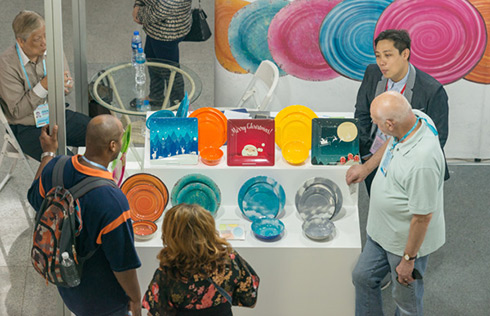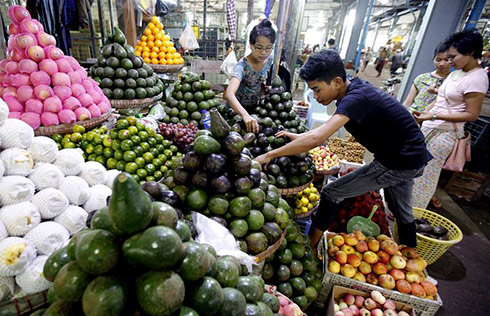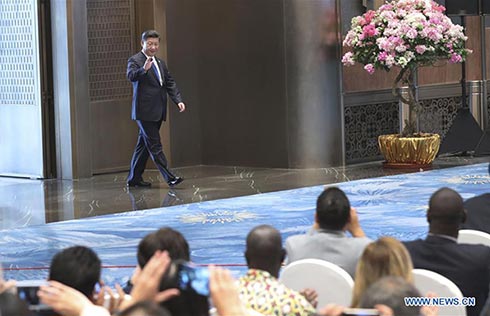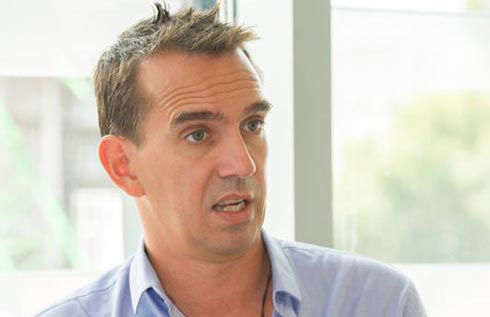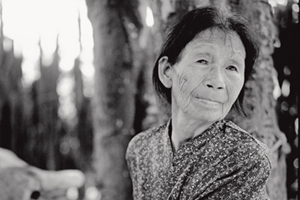'Naked' products challenge throwaway culture
LONDON - A biodegradable yoga mat and an eco-friendly dog bed are just some of the items on show at the immersive "Naked House" exhibition in London that aims to challenge throwaway consumerism.
The five-floor house, curated by British cosmetics company Lush, features a history of packaging from banana skins to Victorian-era glass bottles and 1950s metal tins to futuristic plant-based bioplastic containers.
Lush also showcases its own range of "Naked" products from hair conditioners to shower jells and essential oils, all sold without packaging to boost awareness of environmentally sustainable consumer alternatives.
The exhibition comes as almost four in five Britons say they are concerned about the amount of waste produced, a survey to mark the start of this week's Zero Waste Week, found.
The survey revealed that women are more anxious than men about waste, with almost eight in ten expressing concerns, while those aged over 65 were more likely to be concerned about household waste than younger people.
"It's becoming increasingly clear that the Great British public is growing more and more concerned by the amount of waste that ends up in landfill or at the bottom of the ocean," said Rachelle Strauss, founder of Zero Waste Week, an annual campaign that aims to reduce the amount of waste that goes to landfill.
Sitting on small benches made of strengthened paper, rather than plastic chairs, tourists and Londoners take in the low energy blue-lit ocean room at the Naked House, while facts about plastic pollution in the ocean float across screens.
"The whole exhibition is based around the fact that a lot of plastic is being used for packaging in cosmetics," said Jen McAllister, Project Manager at Lush.
"Although plastic takes many, many years to break down we're using it for things we only use for five minutes and then throwing it away."
Marine experts fear there could be more plastic than fish in the ocean by 2050, according to the Ellen MacArthur Foundation, a UK-based charity working to end waste in the economy.
Other items at the Naked House include a circular shampoo disc, equivalent to three normal plastic bottles of shampoo, thin soap "wash cards" that handily slip into wallets and potato starch balls that replace polystyrene foam for postal packaging.
With an estimated $80 billion to $120 billion of plastic packaging material lost to the economy each year, according to a 2016 report by the World Economic Forum, there is a financial incentive for business to reduce and reuse plastic.
"Our commitment to naked products is ... not driven through pure commercialism," said Giles Verdon, Head of Lush's Earthcare division. "It's actually about our belief about packaging being bad and that goes to the core of the business."
Reuters
'Naked' products challenge throwaway culture
|
A range of "naked" products by British cosmetic company Lush go on display at the show in London on Monday.Adela Suliman / Thomson Reuters Foundation |
(China Daily 09/07/2017 page10)





